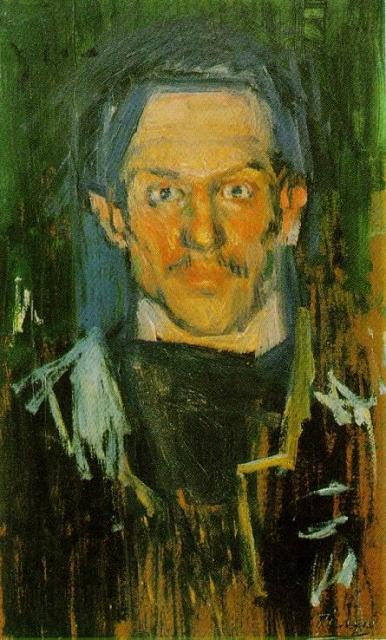I was nearly killed here, one night in February.
My car shivered, and slewed sideways on the ice,
right across into the other lane. The slur of traffic
came at me with their lights.
My name, my girls, my job, all
slipped free and were left behind, smaller and smaller,
further and further away. I was a nobody:
a boy in a playground, suddenly surrounded.
The headlights of the oncoming cars
bore down on me as I wrestled the wheel through a slick
of terror, clear and slippery as egg-white.
The seconds grew and grew – making more room for me –
stretching huge as hospitals.
I almost felt that I could rest
and take a breath
before the crash.
Then something caught: some helpful sand
or a well-timed gust of wind. The car
snapped out of it, swinging back across the road.
A signpost shot up and cracked, with a sharp clang,
spinning away in the darkness.
And it was still. I sat back in my seat-belt
and watched someone tramp through the whirling snow
to see what was left of me.
~ Tomas Transtromer
Tranströmer is the recipient of the 2011 Nobel Prize for Literature. His other honors and awards include the Aftonbladets Literary Prize, the Bonnier Award for Poetry, the Neustadt International Prize for Literature, the Oevralids Prize, the Petrach Prize in Germany, and the Swedish Award from International Poetry Forum.
He has read at many American universities, often with poet and friend Robert Bly. Tranströmer is a respected psychologist, and has worked at a juvenile prison, and with the disabled, convicts, and drug addicts. He lives with his wife Monica in Vasteras, west of Stockholm.
































